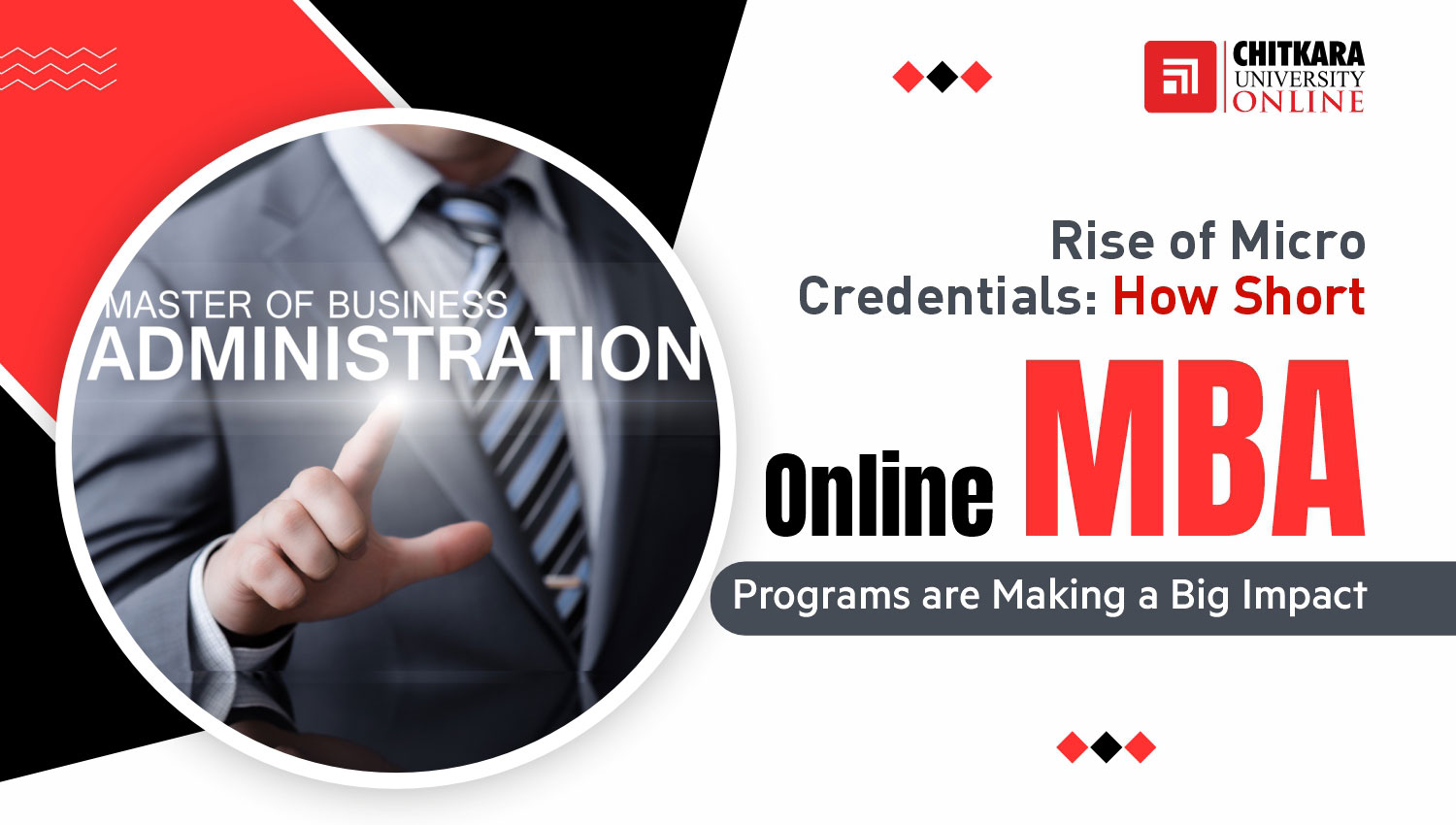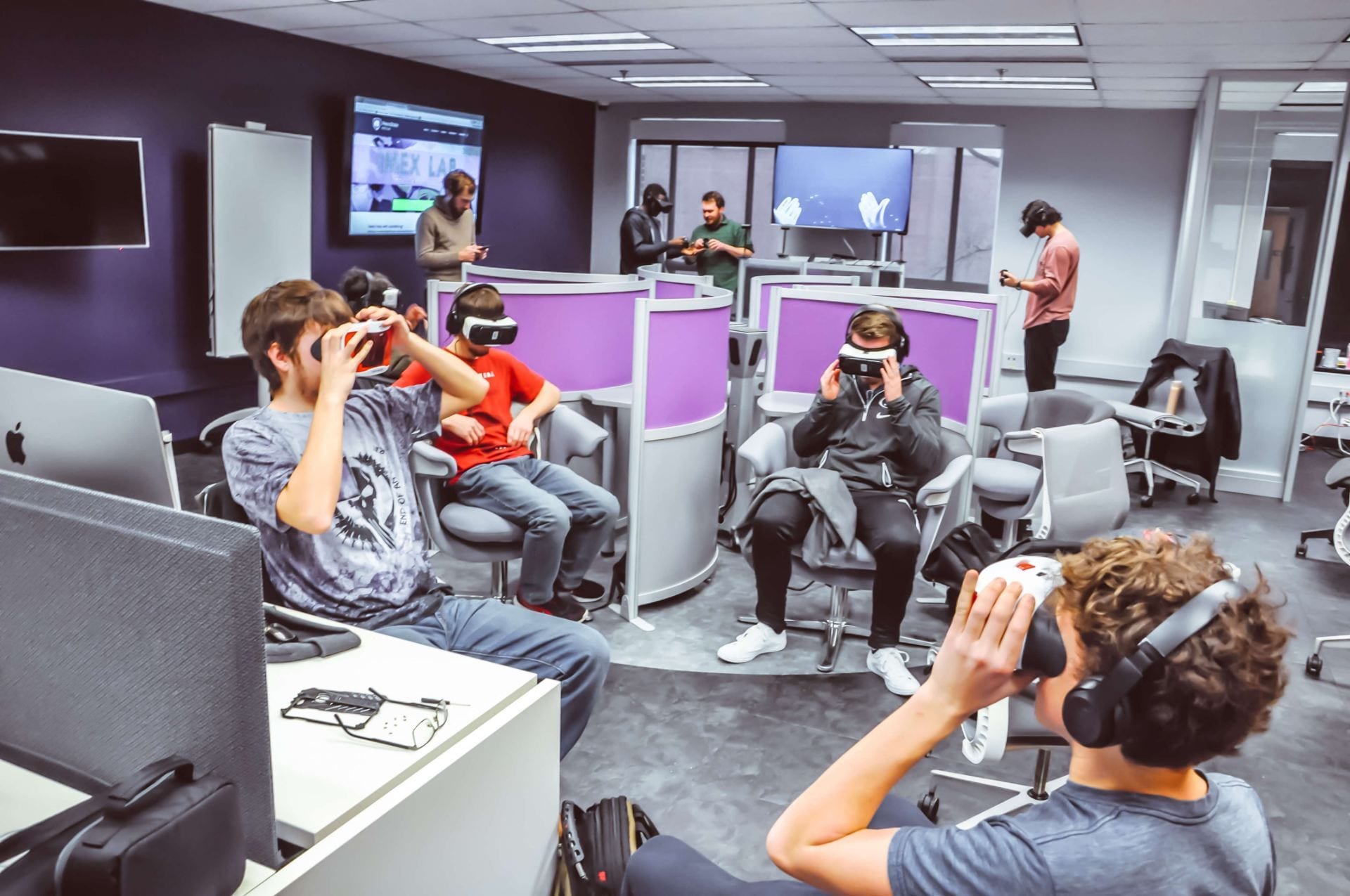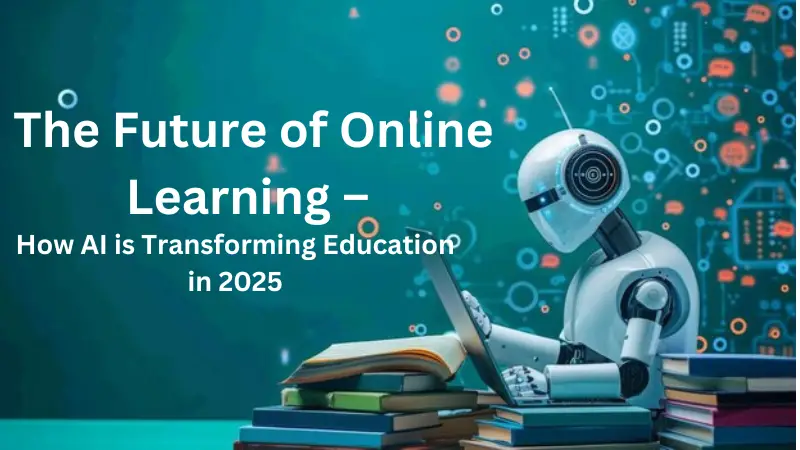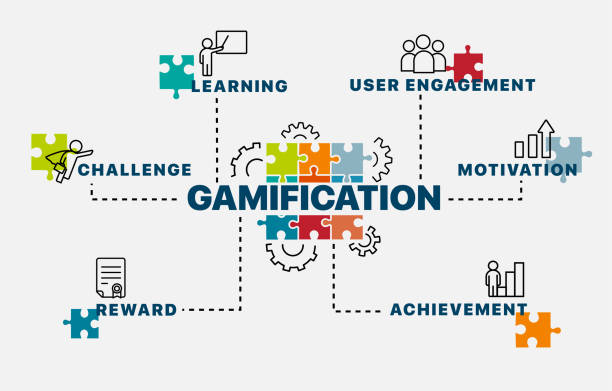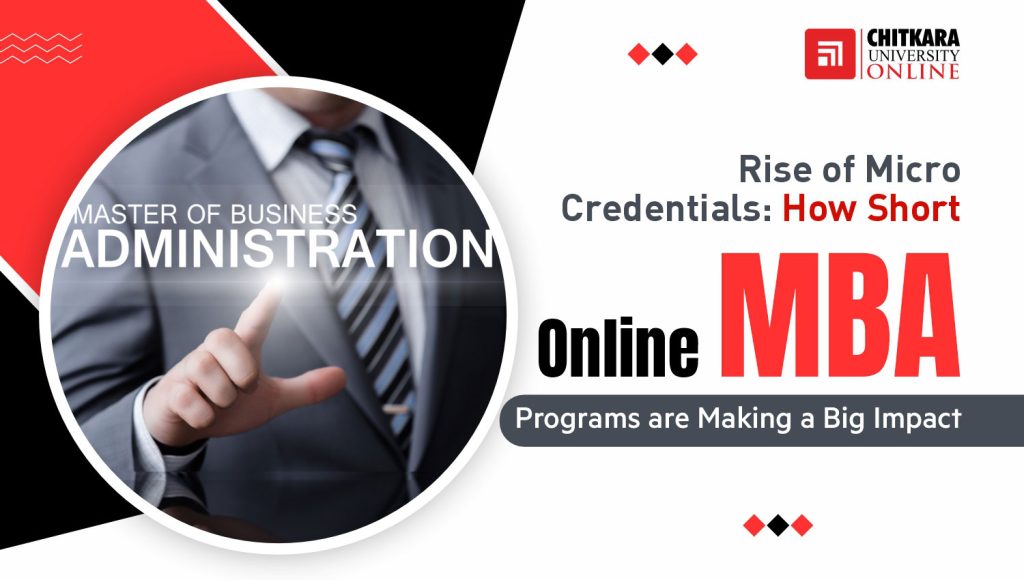
📌 Introduction: A New Way to Prove What You Know
The traditional college degree is no longer the only ticket to career success.
In today’s fast-changing economy, skills matter more than titles, and micro-credentials and digital badges are quickly gaining ground as flexible, targeted, and verifiable proof of learning.
These bite-sized certifications are reshaping how people learn, teach, and get hired in the 21st century.
🎯 1. What Are Micro-Credentials and Digital Badges?
🎓 Micro-Credentials:
Short, specialized learning programs that focus on specific skills or competencies. They are often:
- Modular
- Stackable (can lead to full degrees)
- Industry-aligned
- Offered by universities, companies, or platforms like Coursera, edX, and LinkedIn Learning.
🏅 Digital Badges:
Visual representations (often clickable) that show a learner has completed a course or mastered a skill. Badges are often:
- Issued via blockchain or credentialing platforms (like Credly, Badgr)
- Verifiable with metadata: issuer, date, criteria, etc.
- Shareable on LinkedIn, resumes, portfolios, and social media
🚀 2. Why Micro-Credentials Are on the Rise
🕒 A. Faster and Flexible
Micro-courses can be completed in weeks, not years—perfect for upskilling on the go.
💼 B. Career-Relevant
Programs are designed in partnership with employers to meet current industry demands.
🌎 C. Accessible
Online delivery allows global access with lower cost barriers.
🧩 D. Personalized Learning
Learners can pick and choose what’s most relevant to their goals instead of a one-size-fits-all degree.

📊 3. How They Work in Practice
🎓 Universities
Top institutions like Harvard, MIT, and Stanford now offer certificate programs and nano-degrees on platforms like edX and FutureLearn.
💻 EdTech Platforms
Coursera, Udemy, and Skillshare issue thousands of digital badges tied to short skill courses.
🏢 Employers
Companies like IBM, Google, and Amazon Web Services issue digital badges as part of in-house or partner training programs.
🛠️ Trade Skills & Vocational Programs
Micro-credentials are used to certify hands-on skills like welding, programming, or project management.
🧠 4. The Science of Why They Work
| Reason | Impact |
|---|---|
| ✅ Bite-Sized Learning | Enhances memory retention via focused, goal-driven lessons |
| ✅ Immediate Relevance | Boosts motivation by tying learning to real-world outcomes |
| ✅ Feedback Loops | Many badges include assessments or projects for mastery |
| ✅ Motivation | Visual proof of progress increases learner engagement |
🧭 5. Stackable Learning Paths
Micro-credentials are often stacked toward larger credentials. For example:
- 3 micro-courses in “data analytics” = Certificate in Analytics
- 5 certificates = Eligibility for a professional diploma
- Diploma + portfolio = Potential fast-track into a degree or job
This “Lego-style learning” lets students build knowledge over time and stay relevant without starting over.
💼 6. Impact on Hiring and Careers
Recruiters are increasingly valuing:
- Proof of skill over degree
- Portfolios with verified micro-credentials
- Self-motivation to upskill in relevant tech and tools
A LinkedIn Workplace Report revealed:
🔹 76% of hiring managers see verified skills via micro-credentials as more relevant than a traditional 4-year degree for many roles.
🌍 7. Global Adoption Trends
| Region | Trend |
|---|---|
| 🇺🇸 USA | Growing integration in community colleges and tech bootcamps |
| 🇪🇺 Europe | EU pushing standardized digital credentials across member states |
| 🇮🇳 India | NEP 2020 encourages modular, skill-based certifications |
| 🌏 Asia-Pacific | EdTech platforms growing rapidly in Australia, Singapore, Korea |
⚠️ 8. Challenges and Concerns
❓ Credential Overload
Too many badges, too little quality control = confusion for employers.
🎓 Recognition Gap
Not all employers or institutions accept micro-credentials—yet.
🧪 Verification Standards
Lack of global standards in credential verification can dilute trust.
📉 Value vs. Volume
More credentials don’t always mean more skill—quality matters.
🧰 9. Platforms Leading the Movement
| Platform | Specialization |
|---|---|
| Credly | Digital badge issuing for universities & corporations |
| edX | University-certified micro-masters & short courses |
| Coursera | Professional certificates with job paths |
| Udacity | Nano-degrees in tech, AI, data science |
| Badgr (Canvas) | LMS-integrated digital badging system |

🔮 10. The Future: A Skill-First World
We are moving toward a skills-first economy, where credentials are:
- Decentralized
- Transparent
- Portable
- Lifelong
In the future, your digital learning record could live on the blockchain—accessible anywhere, anytime, containing:
- Courses
- Skills
- Projects
- References
- Proof of mastery
Imagine applying for a job with a single link to your verifiable skill stack instead of a PDF resume.
✅ Conclusion: The Degree Is Evolving
While traditional degrees aren’t going away, micro-credentials and digital badges are now essential companions in the journey of lifelong learning.
They empower learners to stay current, demonstrate value, and build careers that evolve with technology and time.






